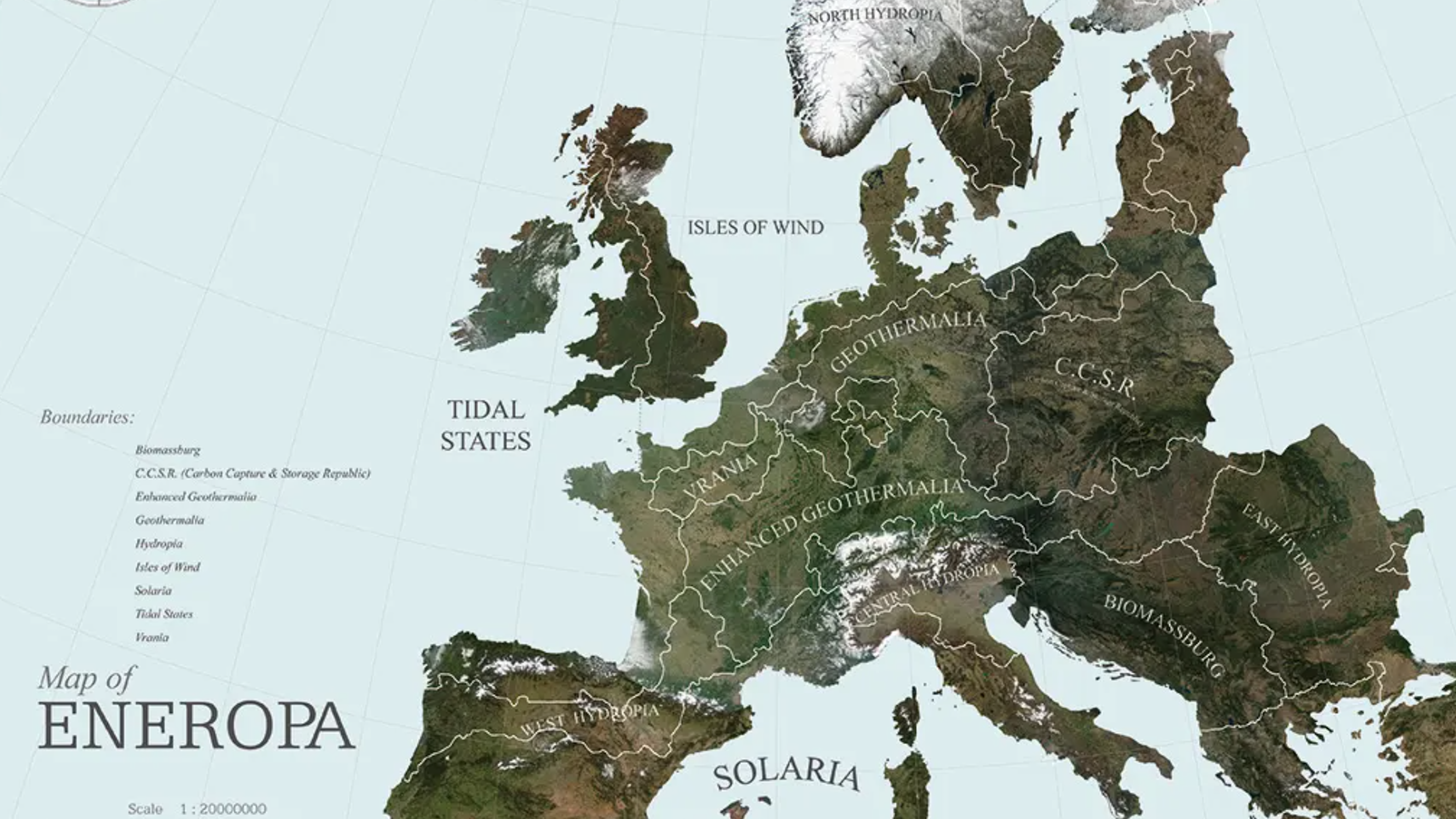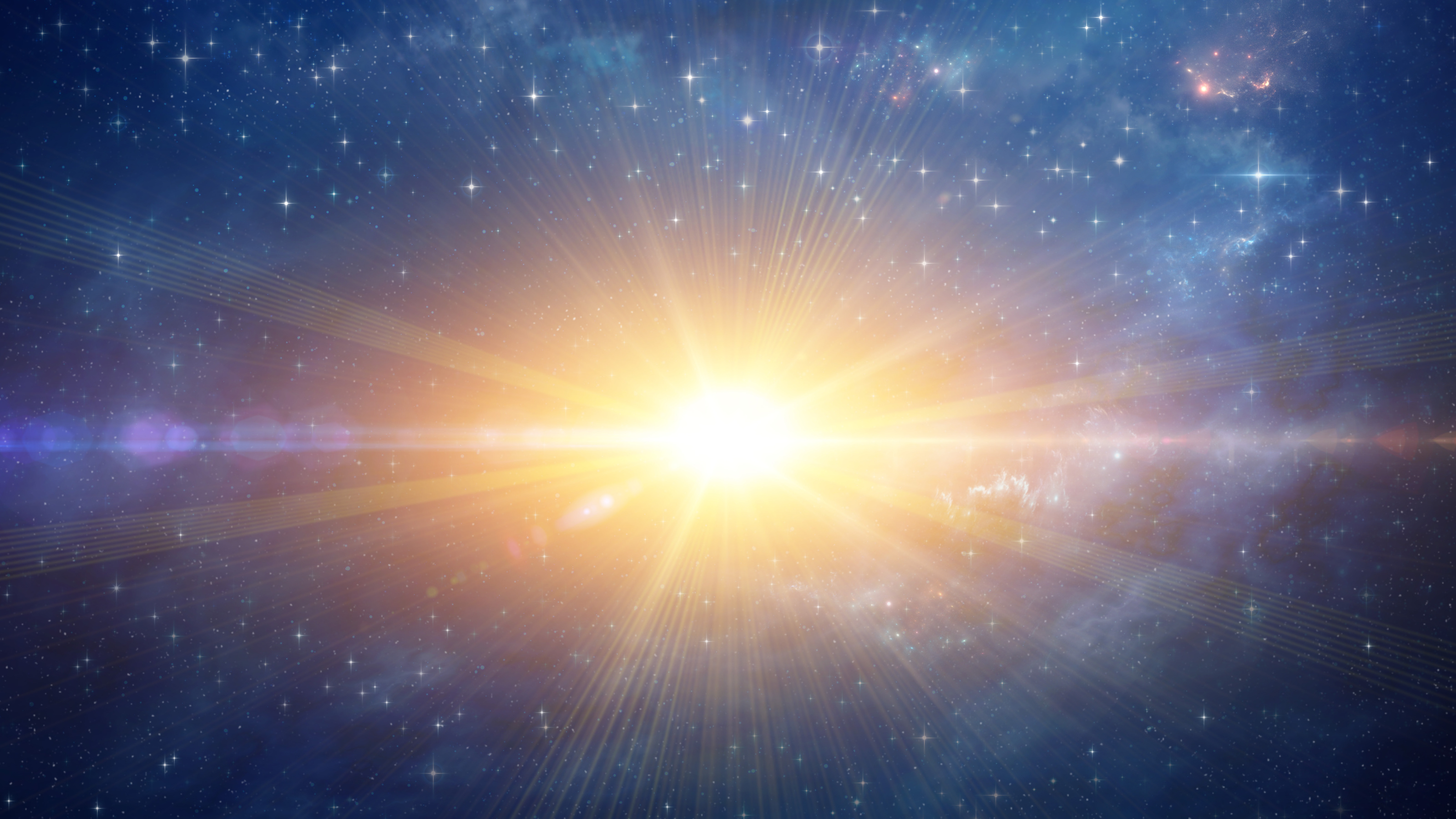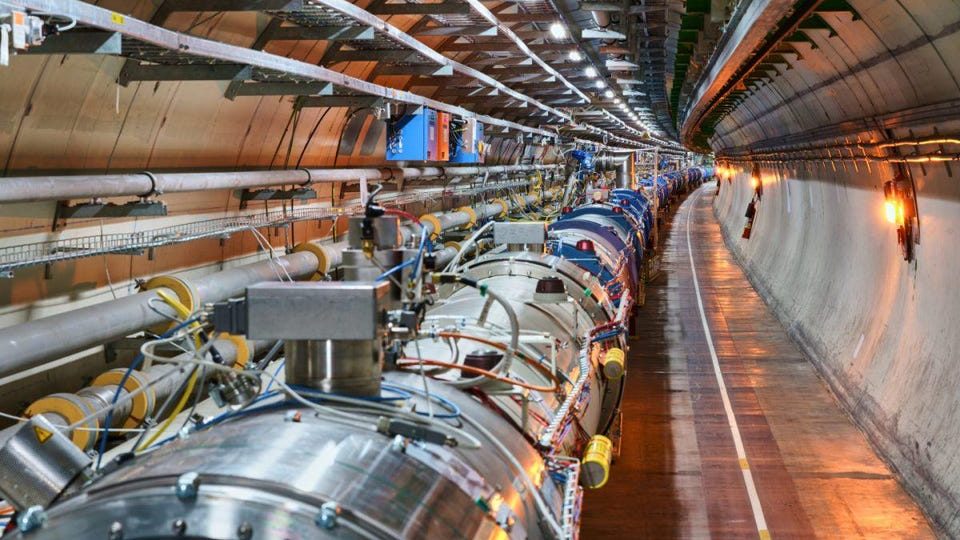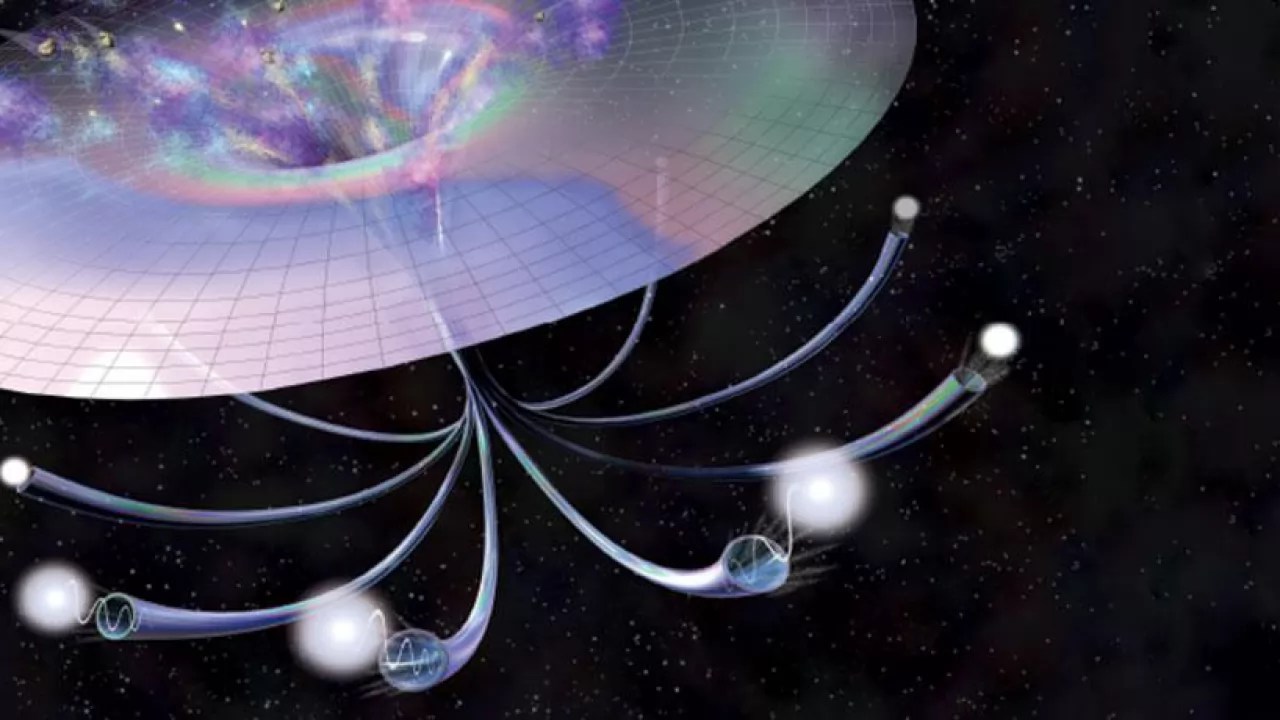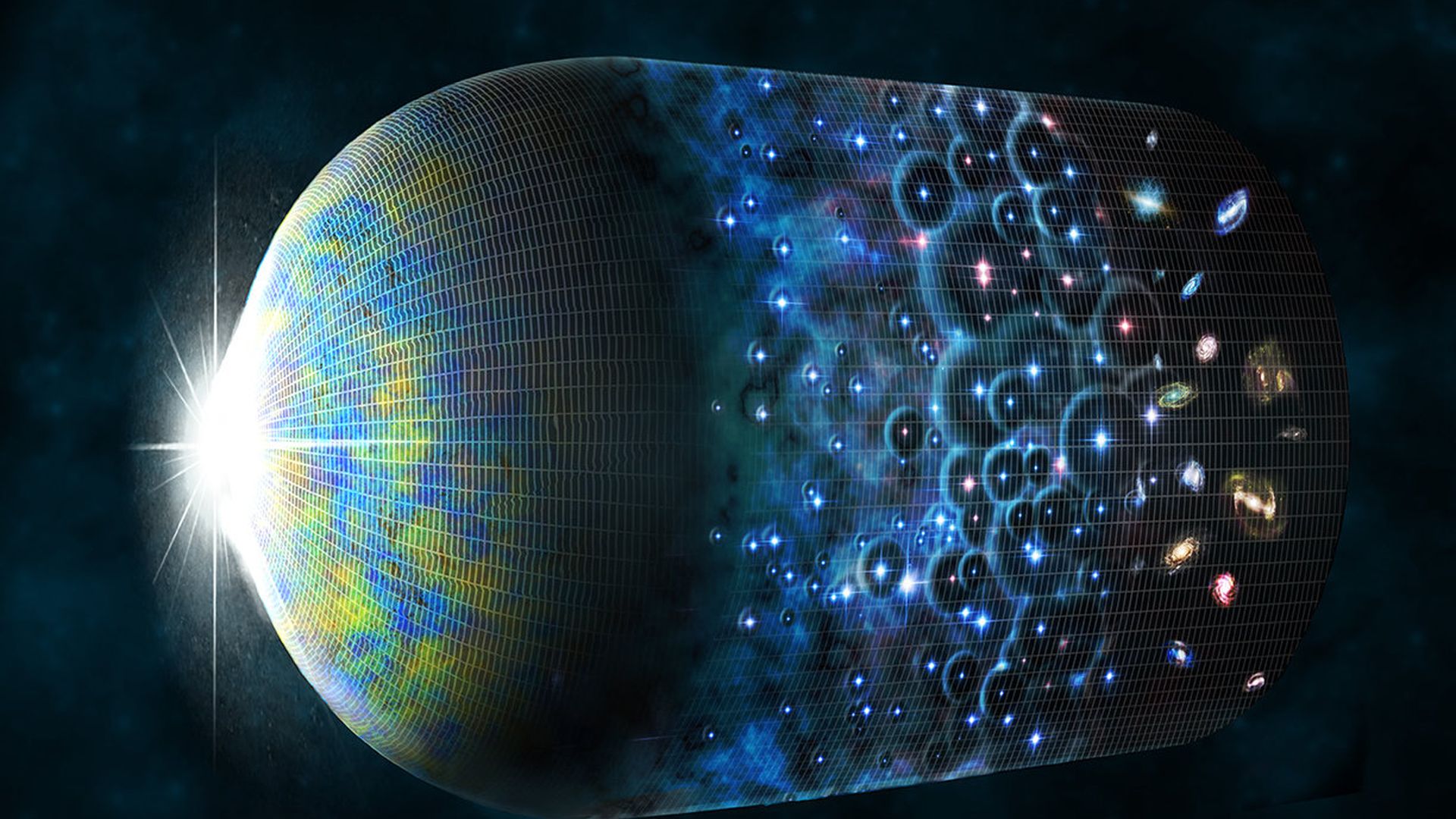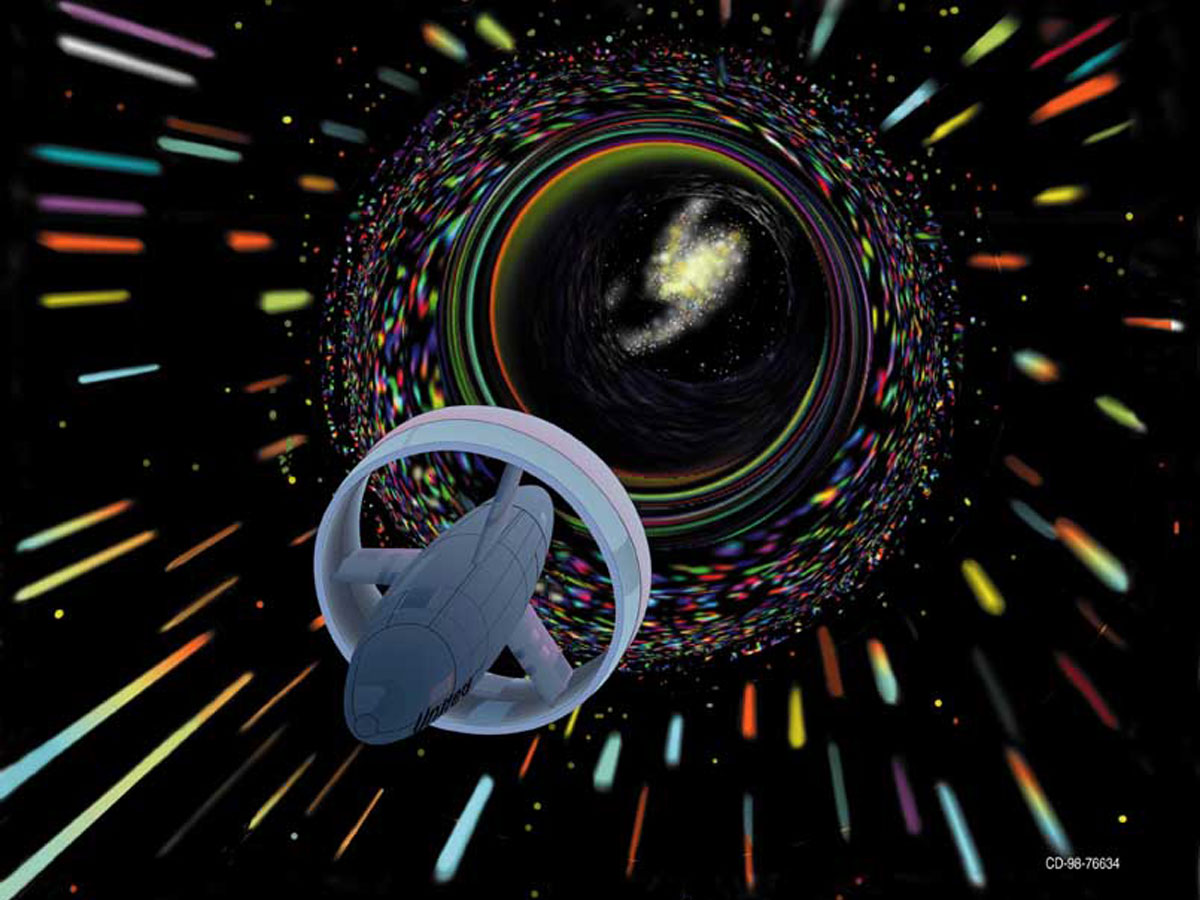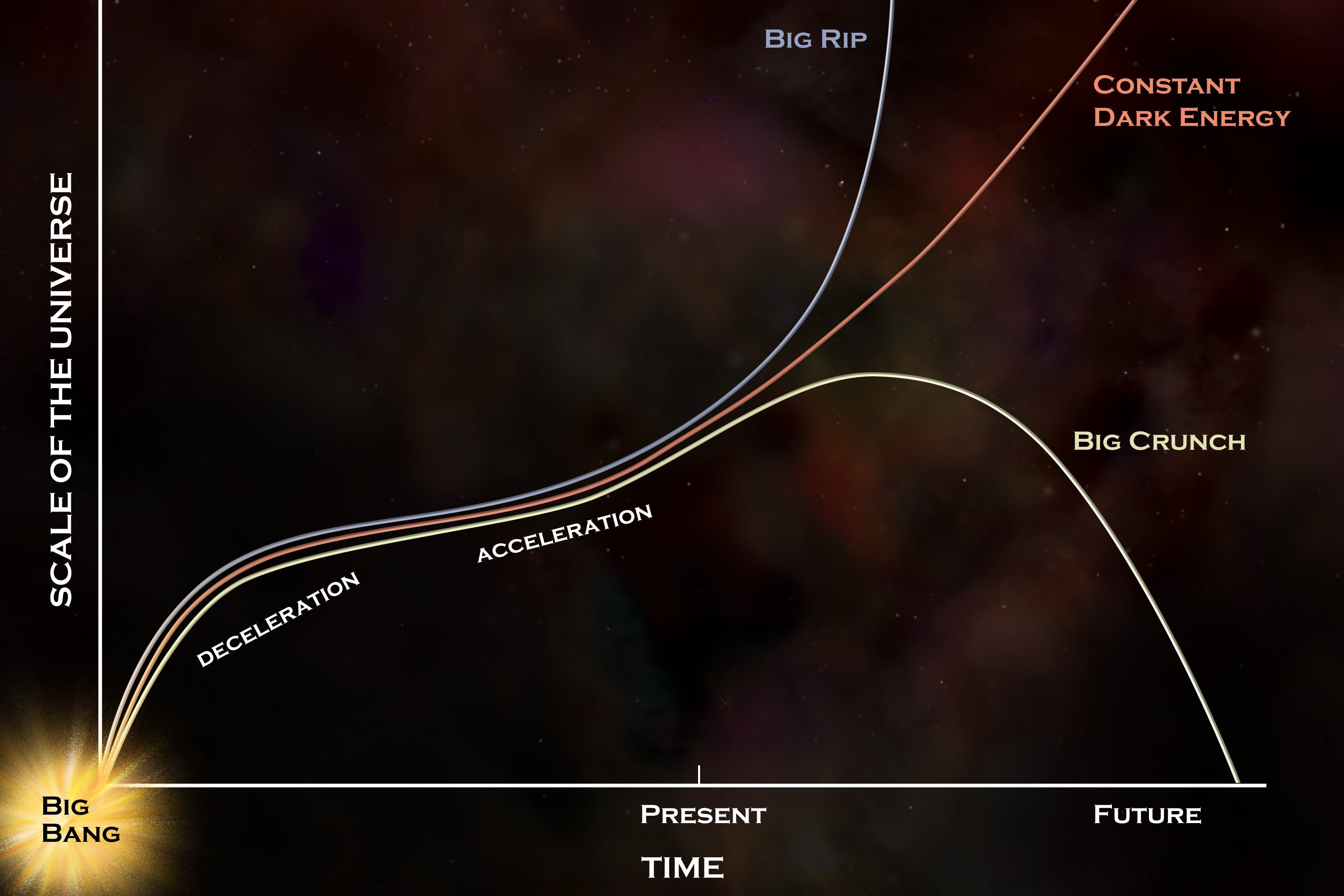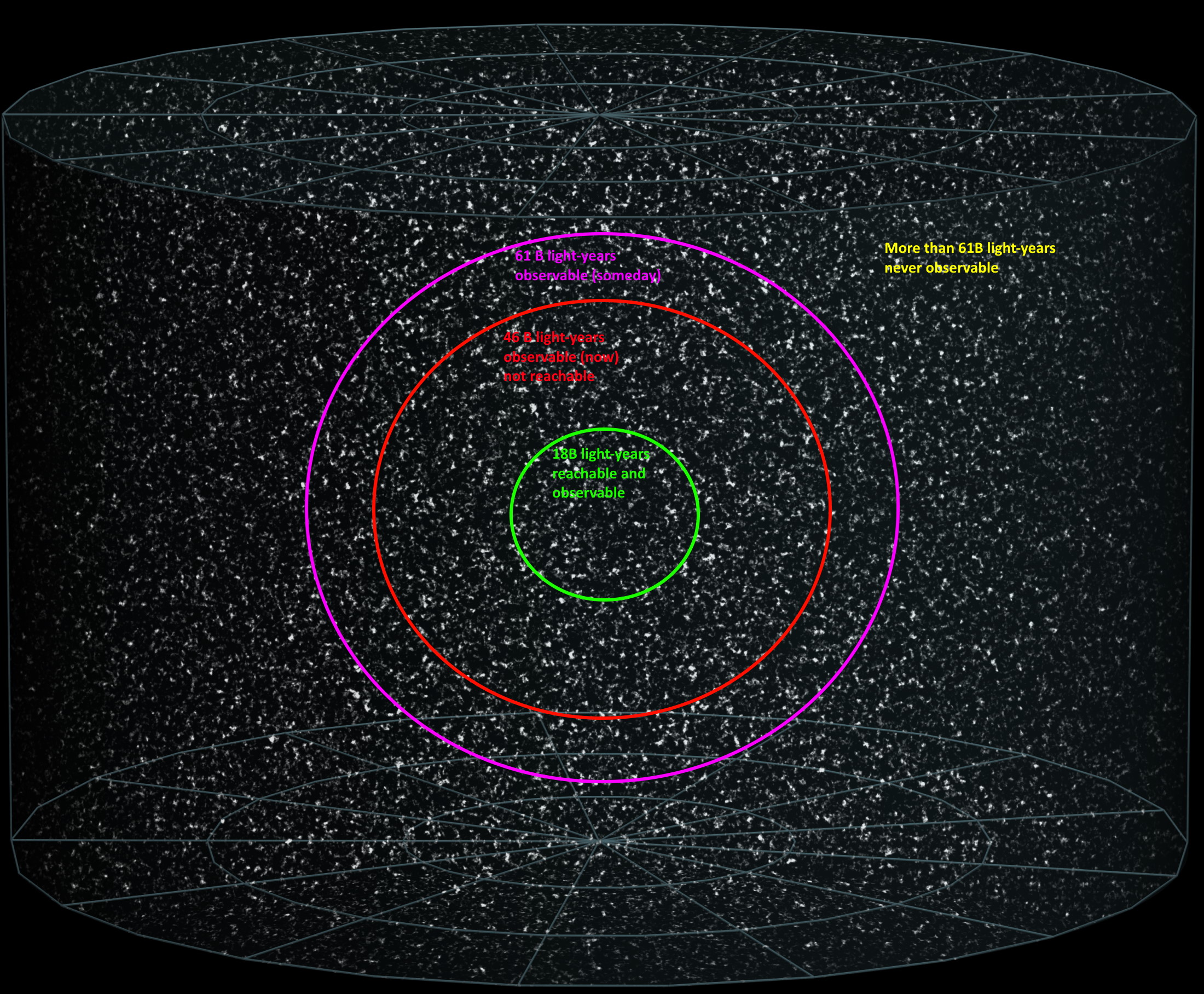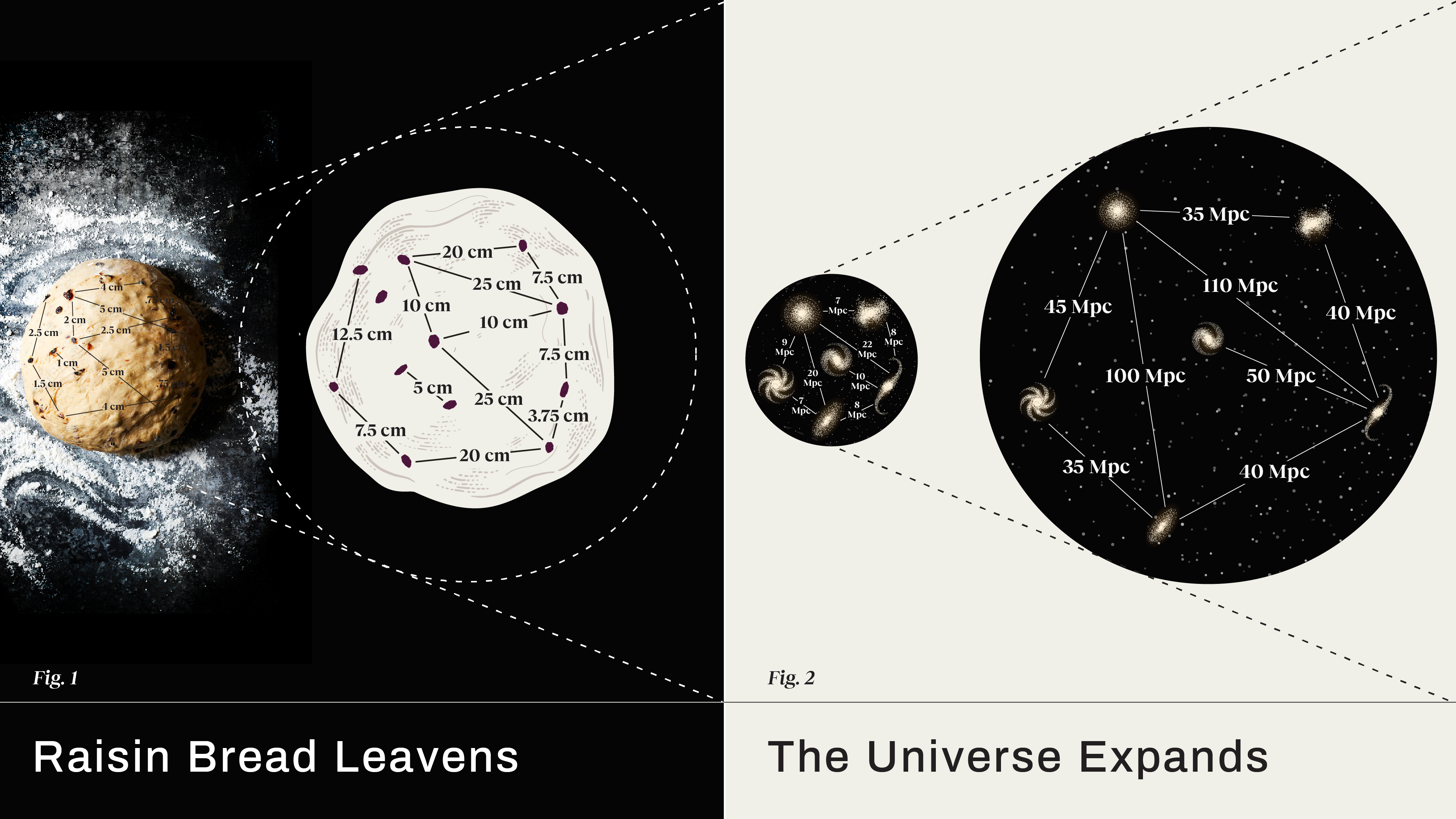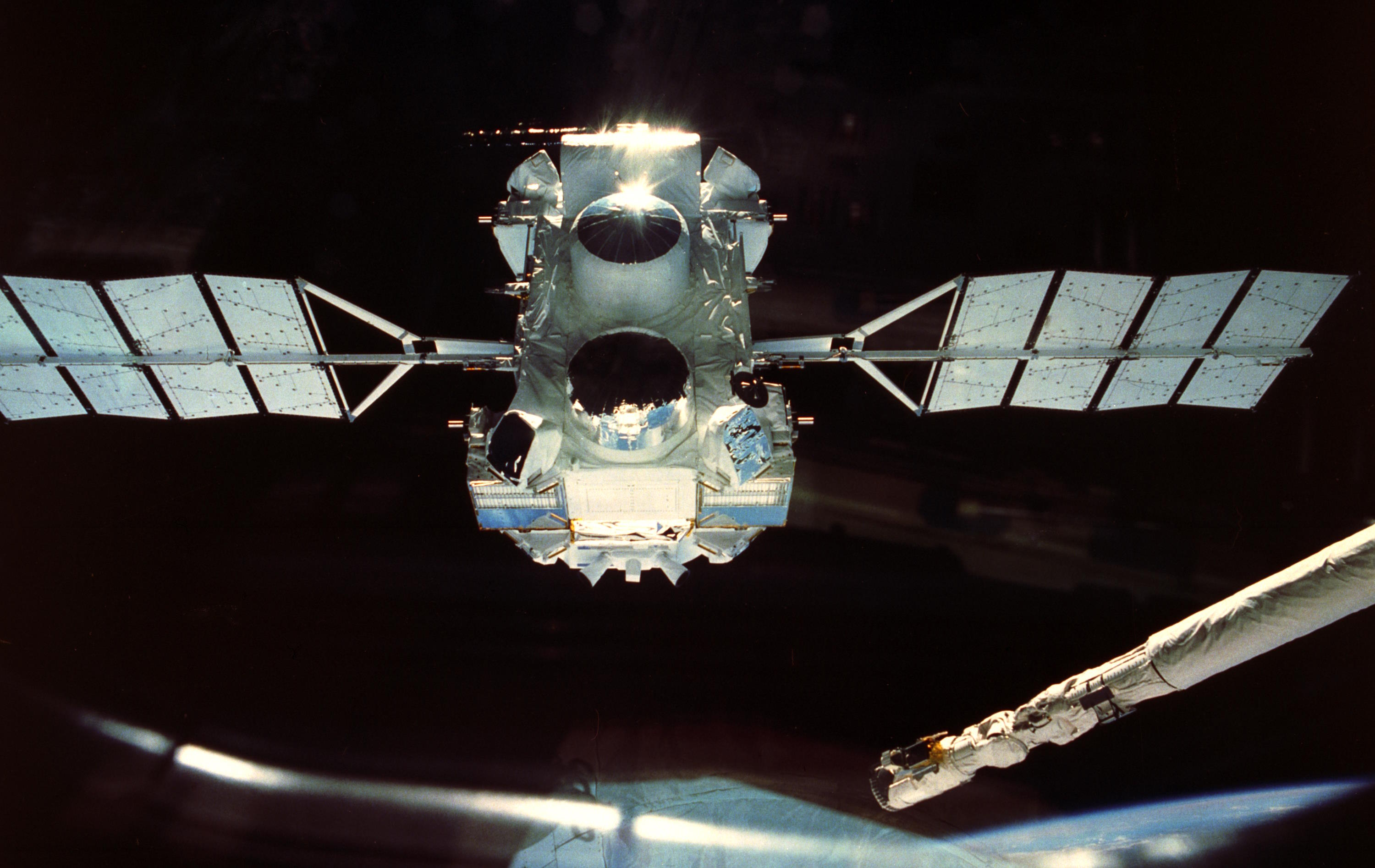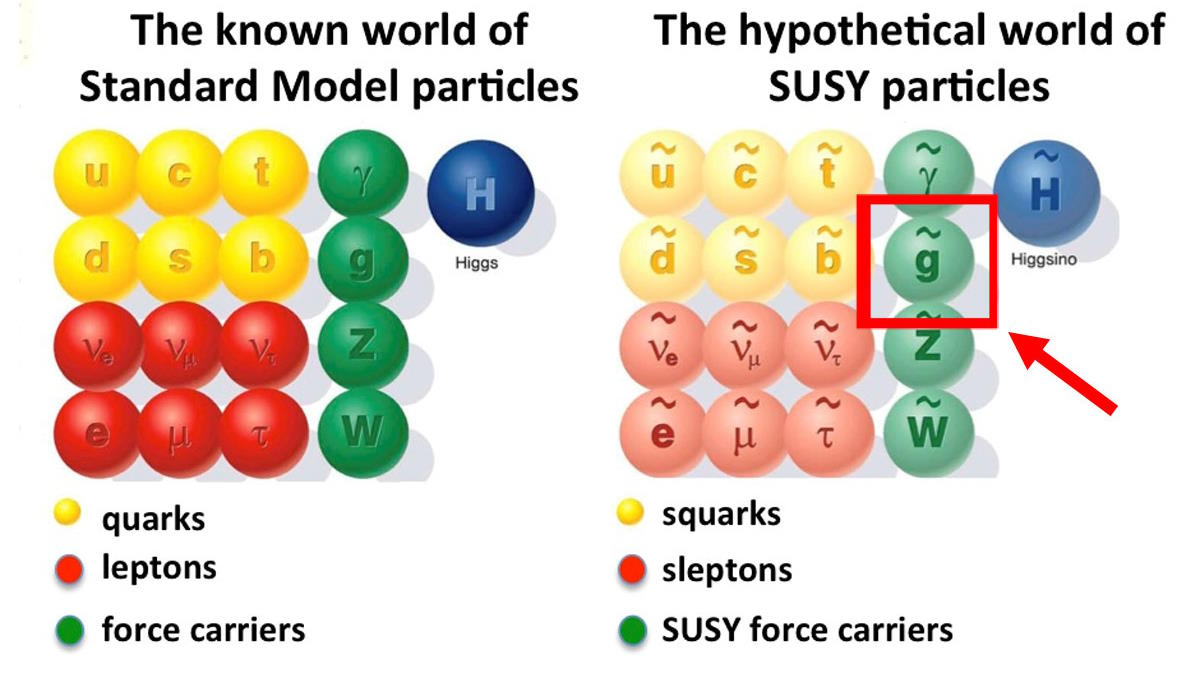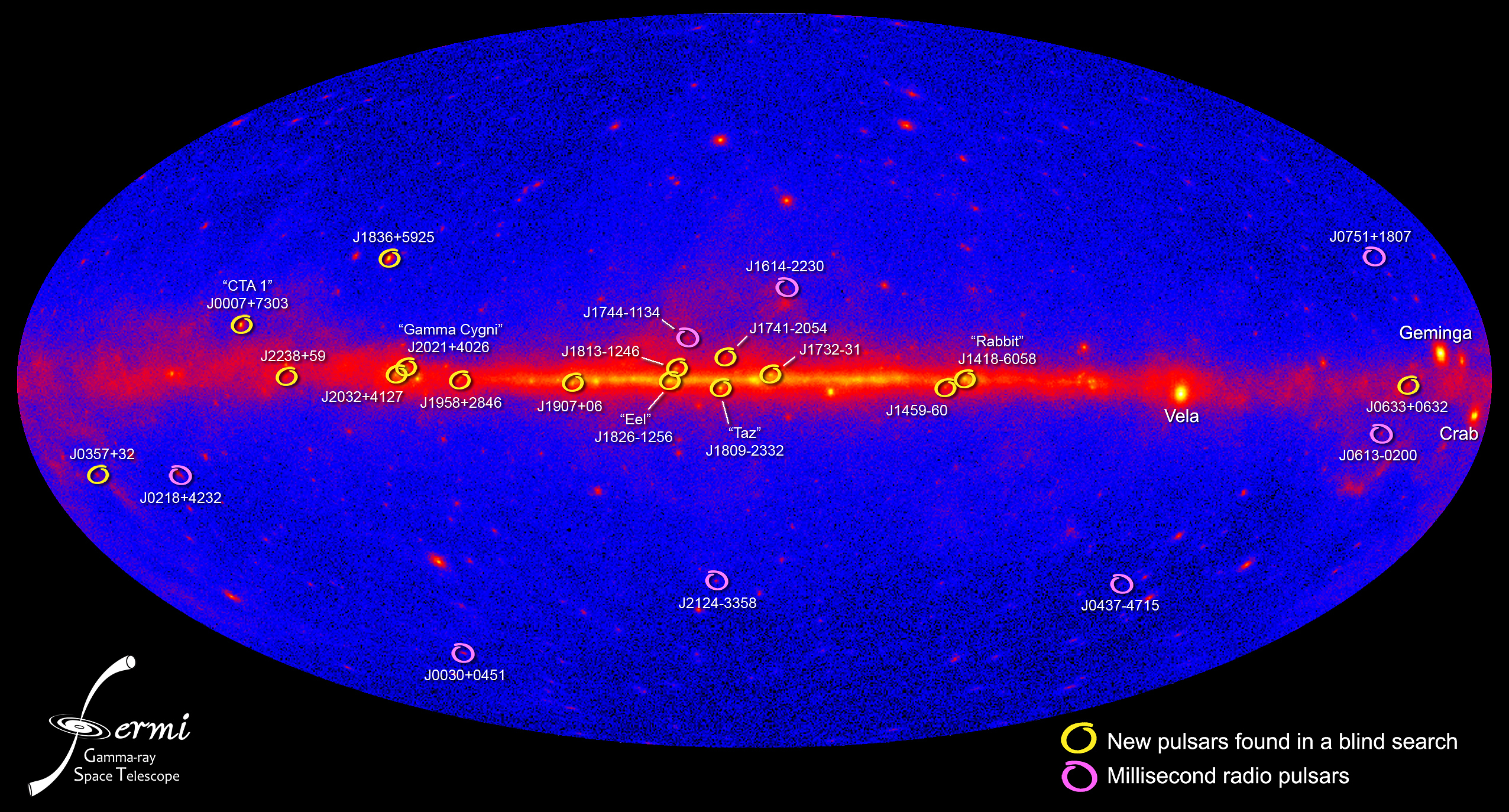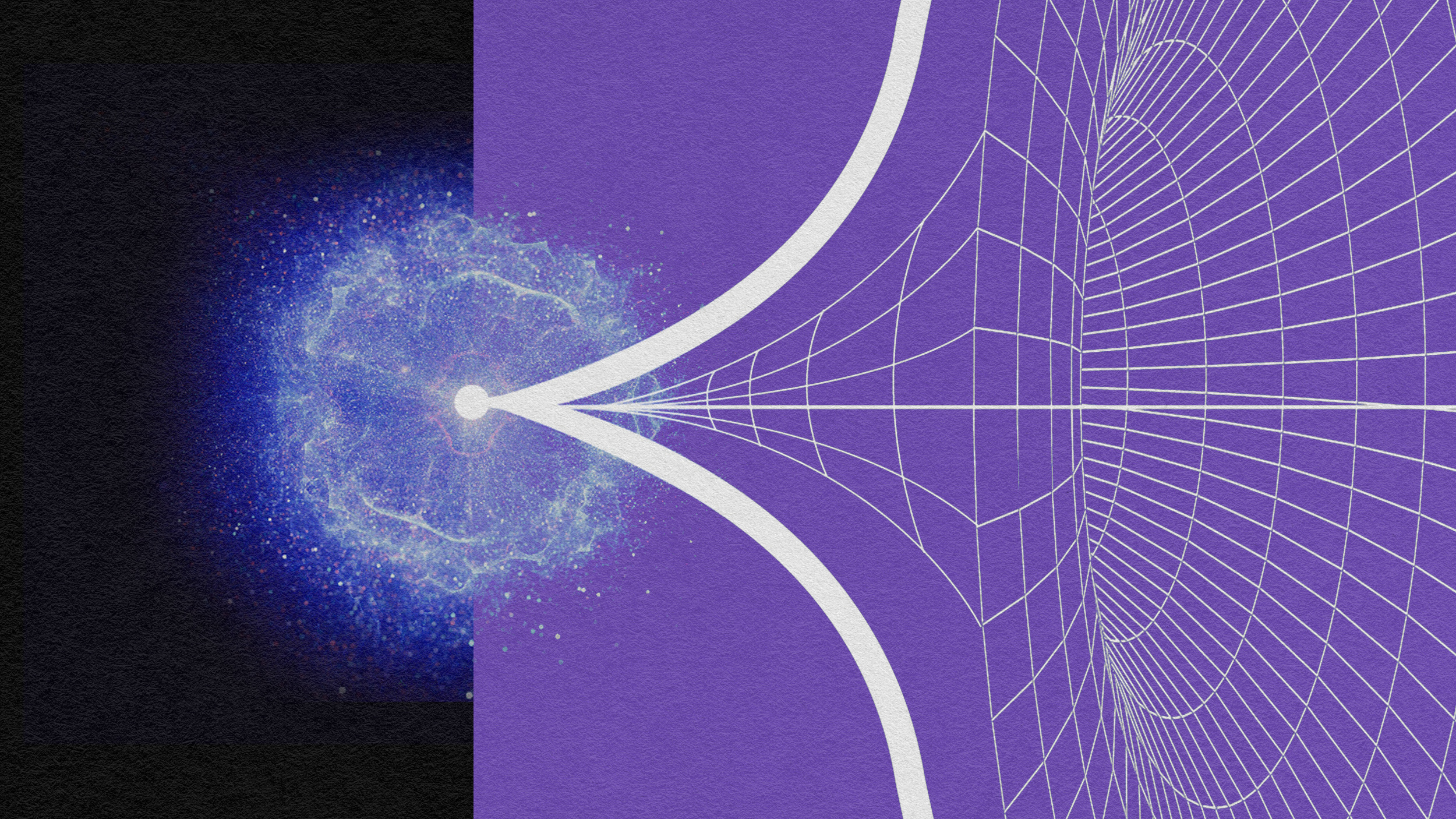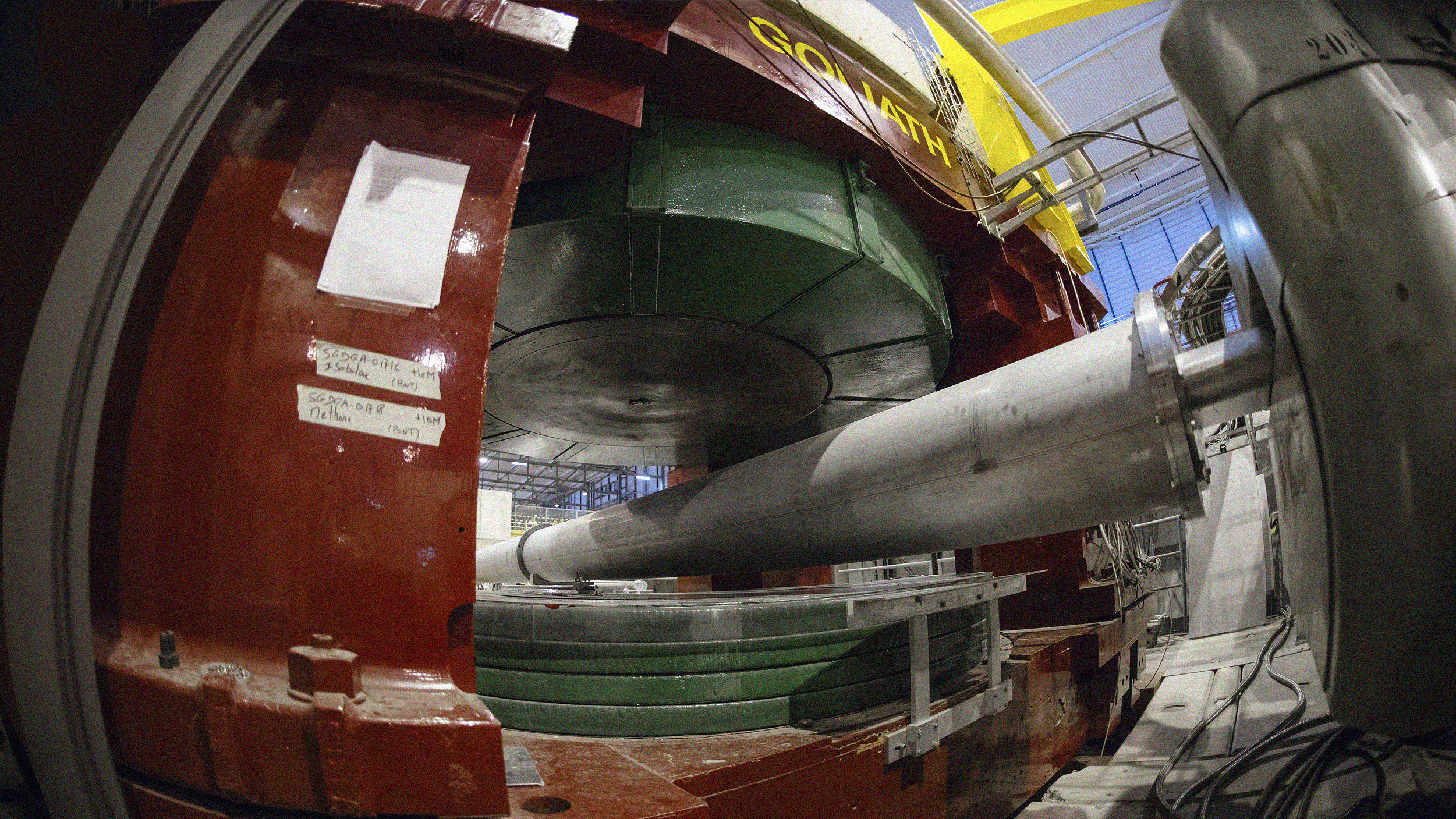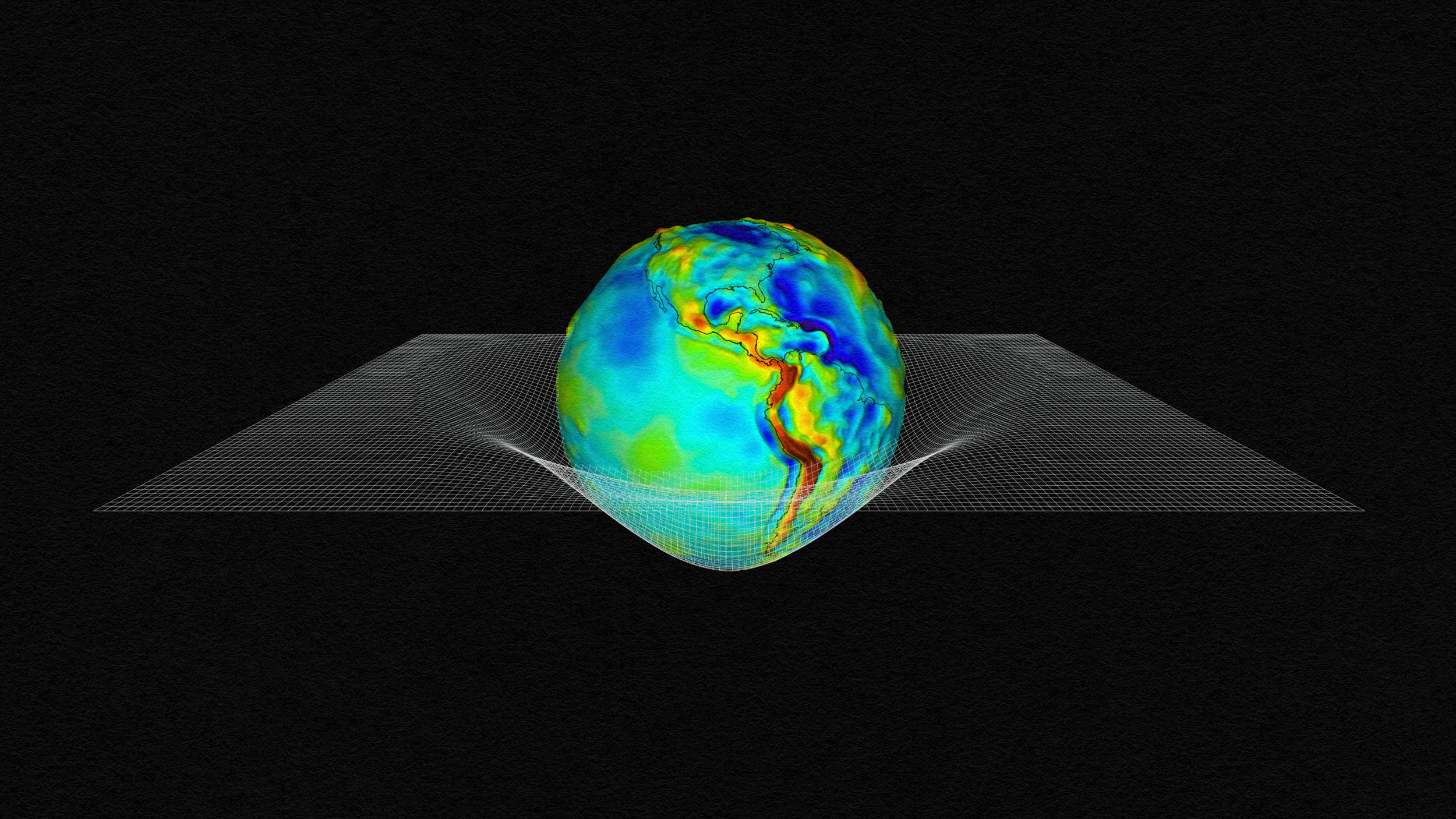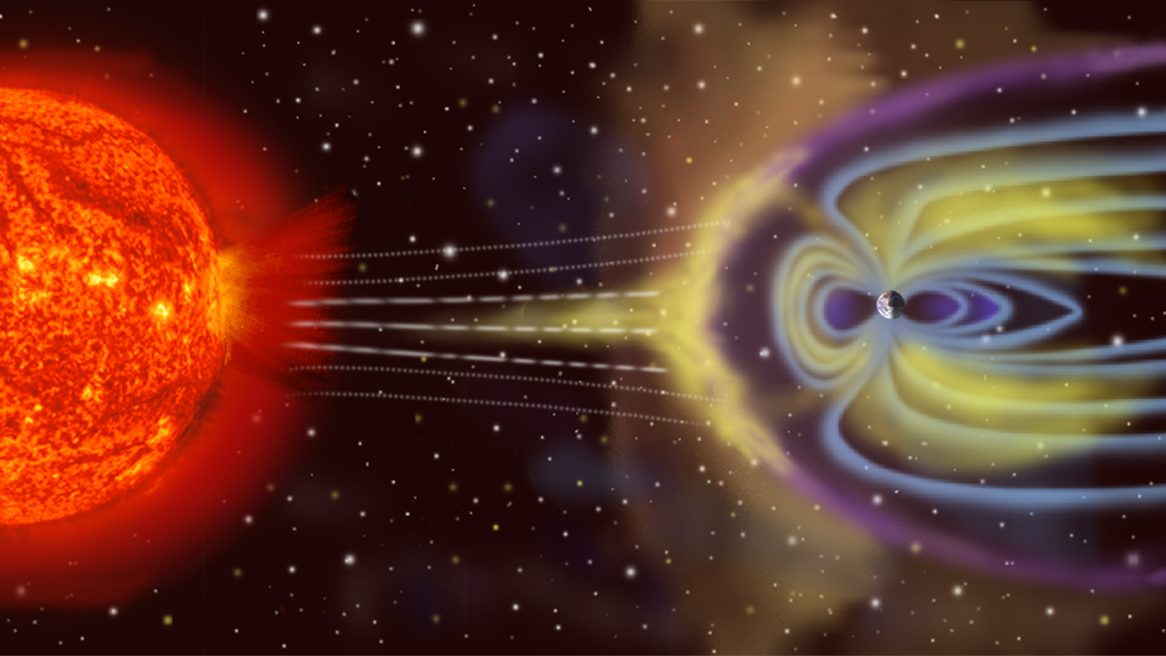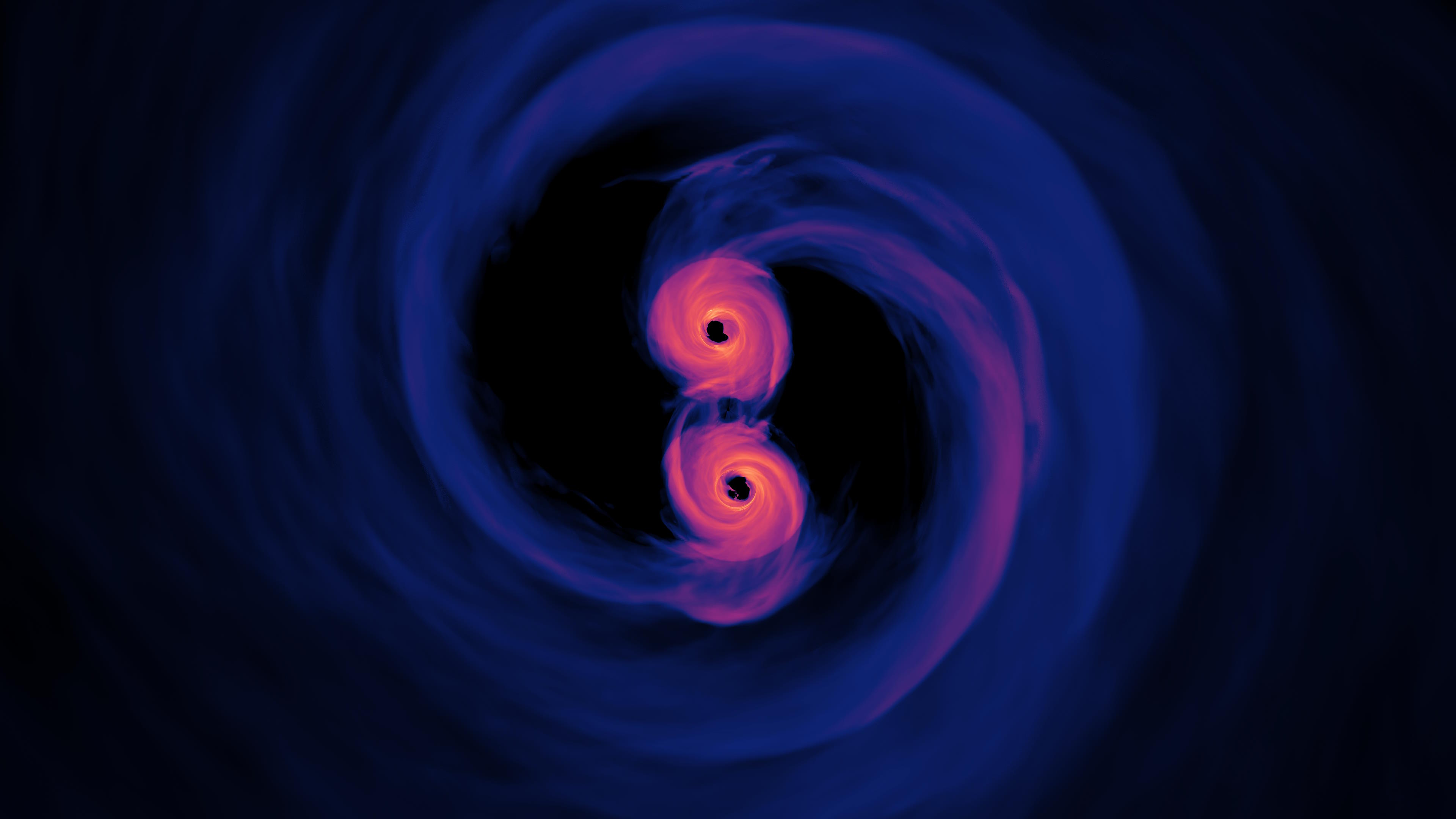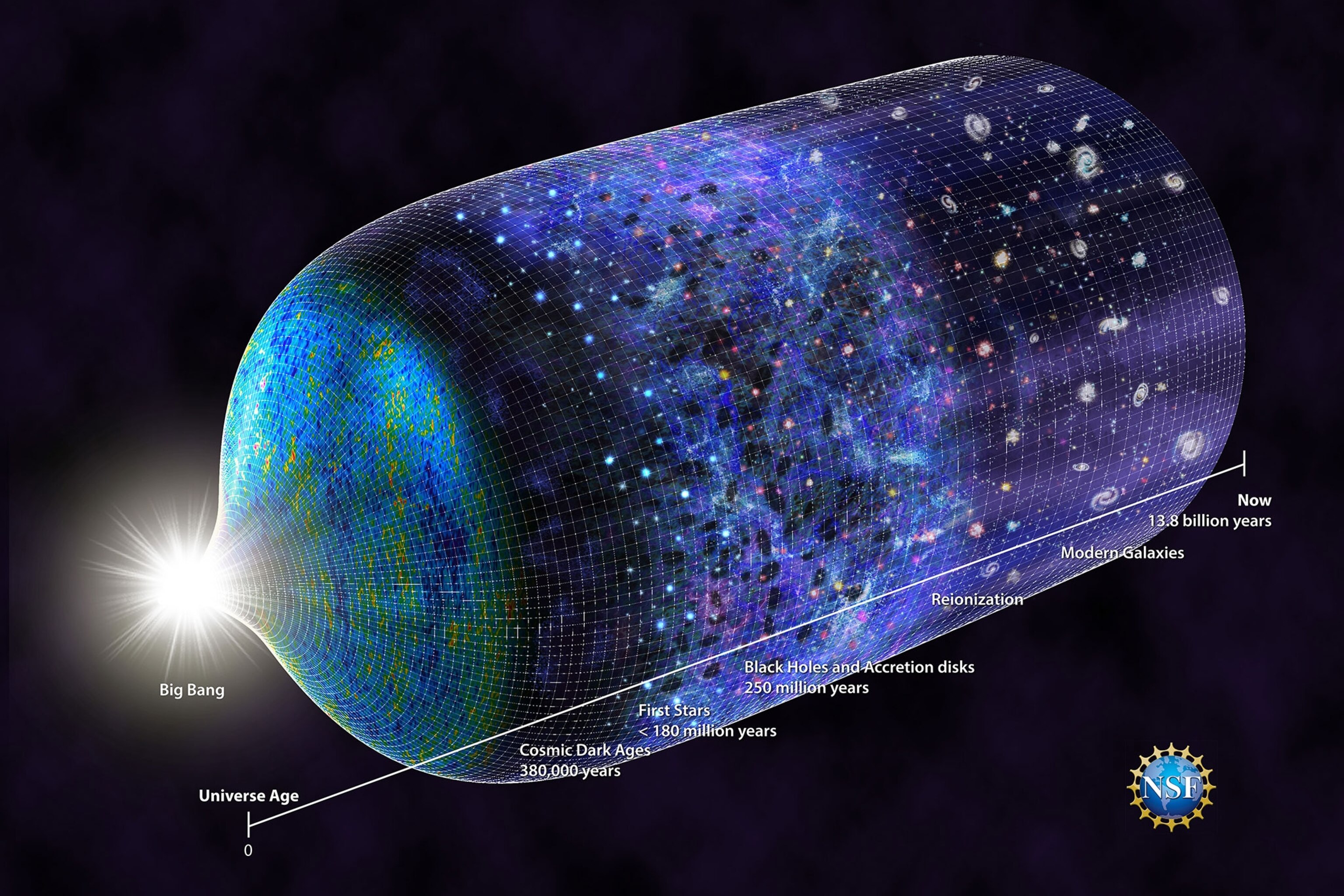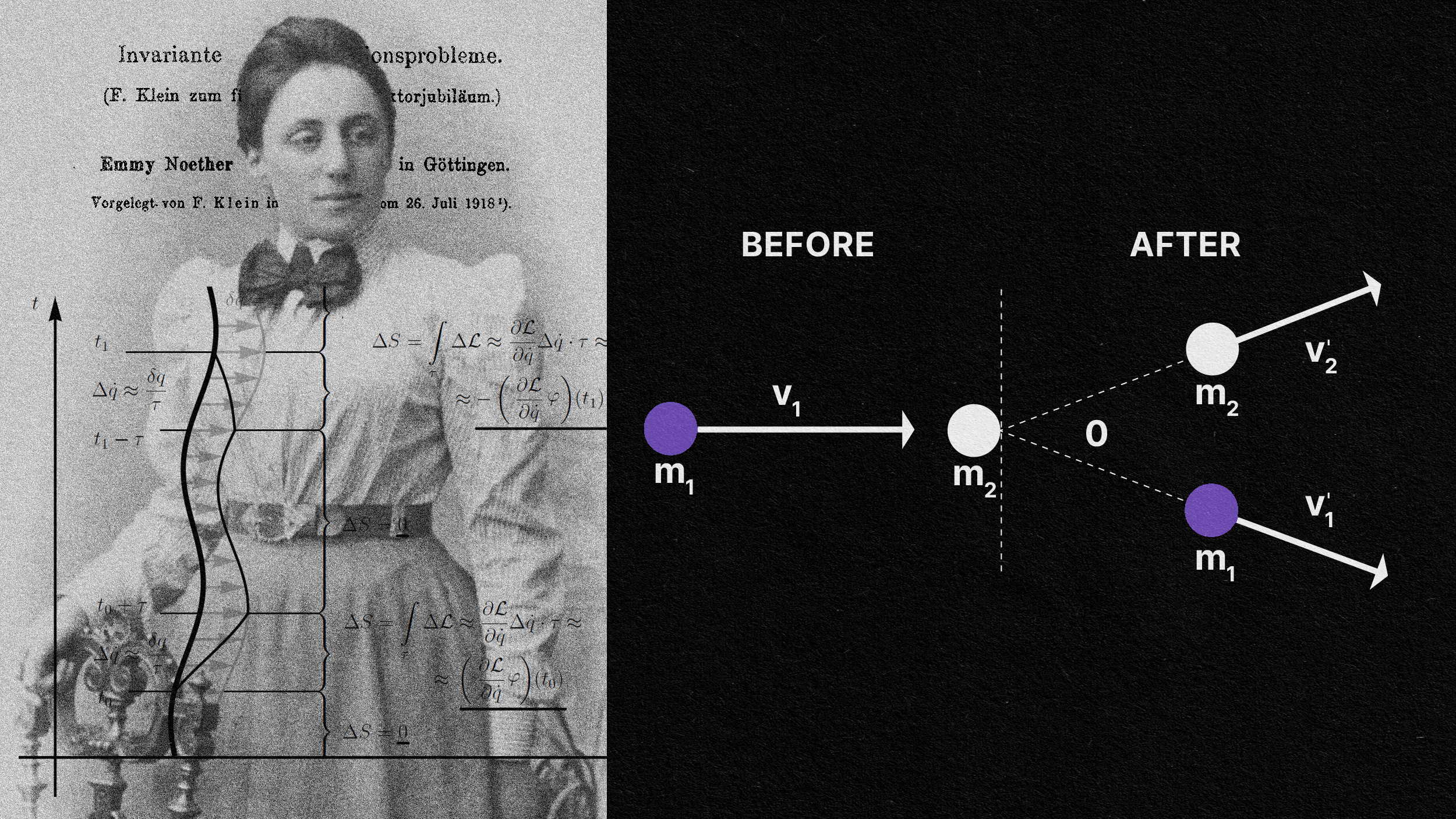If the electromagnetic and weak forces unify to make the electroweak force, maybe, at higher energies, something even grander happens?
Search Results
You searched for: energy
A radical proposal reimagines Europe as a carbon-neutral continent where national boundaries are replaced by regions defined by renewable energy capabilities.
The expanding Universe, in many ways, is the ultimate out-of-equilibrium system. After enough time passes, will we eventually get there?
CERN’s Large Hadron Collider is the most powerful particle accelerator ever. To go even further, we’ll have to overcome something big.
The highest-energy particles could be a sign of new, unexpected physics. But the simplest, most mundane explanation is particularly iron-ic.
When cosmic inflation came to an end, the hot Big Bang ensued as a result. If our cosmic vacuum state decays, could it all happen again?
For every proton, there were over a billion others that annihilated away with an antimatter counterpart. So where did all that energy go?
They are expected to be cheaper to build and even more reliable than today’s nuclear plants.
McDermitt Caldera, the site of an ancient volcanic eruption, straddles the border of Oregon and Nevada.
Without wormholes, warp drive, or some type of new matter, energy, or physics, everyone is limited by the speed of light. Or are they?
In all the Universe, only a few particles are eternally stable. The photon, the quantum of light, has an infinite lifetime. Or does it?
A $30,000 electric vehicle with 400 miles of range that charges in under 10 minutes remains a pipe dream over the near future.
Often viewed as a purely theoretical, calculational tool only, direct observation of the Lamb Shift proved their very real existence.
For nearly 25 years, we thought we knew how the Universe would end. Now, new measurements point to a profoundly different conclusion.
The zero-point energy of empty space is not zero. Even with all the physics we know, we have no idea how to calculate what it ought to be.
The evidence that the Universe is expanding is overwhelming. But how? By stretching the existing space, or by creating new space itself?
As wind power grows around the world, so does the threat the turbines pose to wildlife. From simple fixes to high-tech solutions, new approaches can help.
Across all wavelengths of light, the Sun is brighter than the Moon. Until we went to the highest energies and saw a gamma-ray surprise.
Almost 100 years ago, an asymmetric pathology led Dirac to postulate the positron. A similar pathology could lead us to supersymmetry.
From forming bound states to normal scattering, many possibilities abound for matter-antimatter interactions. So why do they annihilate?
An enormous amount of antimatter is coming from our galactic center. But the culprit probably isn’t dark matter, but merely neutron stars.
If you bring too much mass or energy together in one location, you’ll inevitably create a black hole. So why didn’t the Big Bang become one?
CERN’s NA64 experiment used a high-energy muon beam technique to advance the elusive search for dark matter, offering new hope for solving one of astronomy’s greatest mysteries.
In general relativity, matter and energy curve spacetime, which we experience as gravity. Why can’t there be an “antigravity” force?
As the Sun ages, it loses mass, causing Earth to spiral outward in its orbit. Will that cool the Earth down, or will other effects win out?
When it comes to predicting the energy of empty space, the two leading theories disagree by a factor of 100 googol quintillion.
Gravitational waves carry enormous amounts of energy, but spread out quickly once they leave the source. Could they ever create black holes?
Bang bang all over the Universe.
From the earliest stages of the hot Big Bang (and even before) to our dark energy-dominated present, how and when did the Universe grow up?
First derived by Emmy Noether, for every symmetry a theory possesses, there’s an associated conserved quantity. Here’s the profound link.

